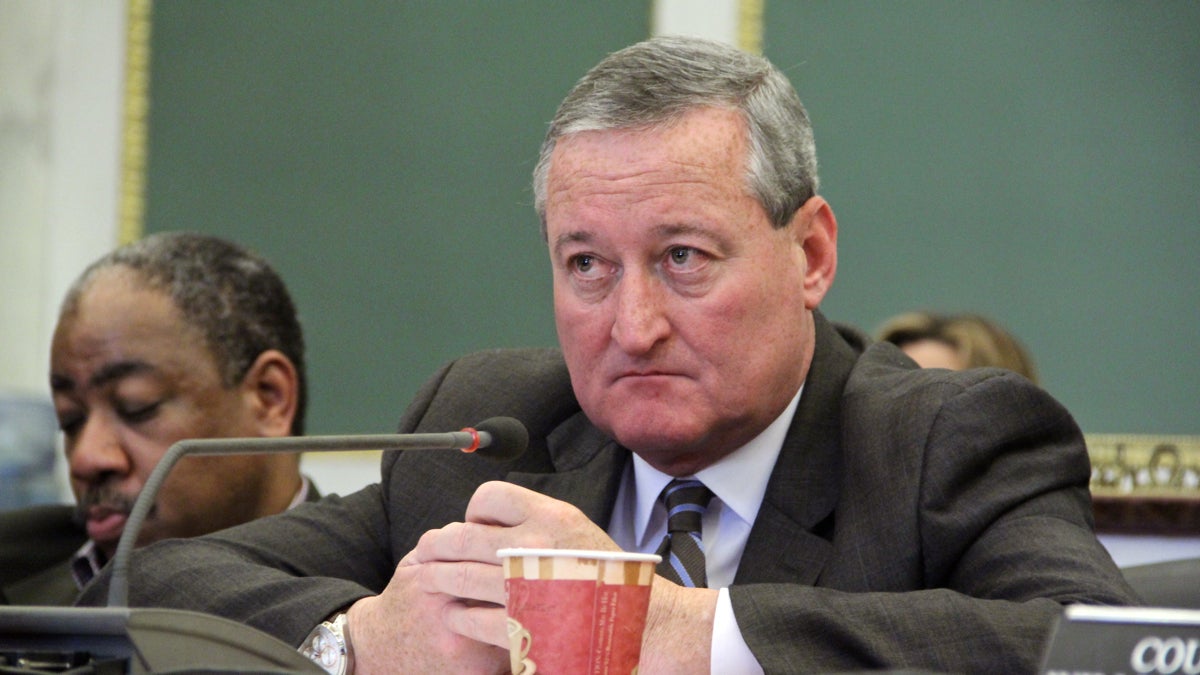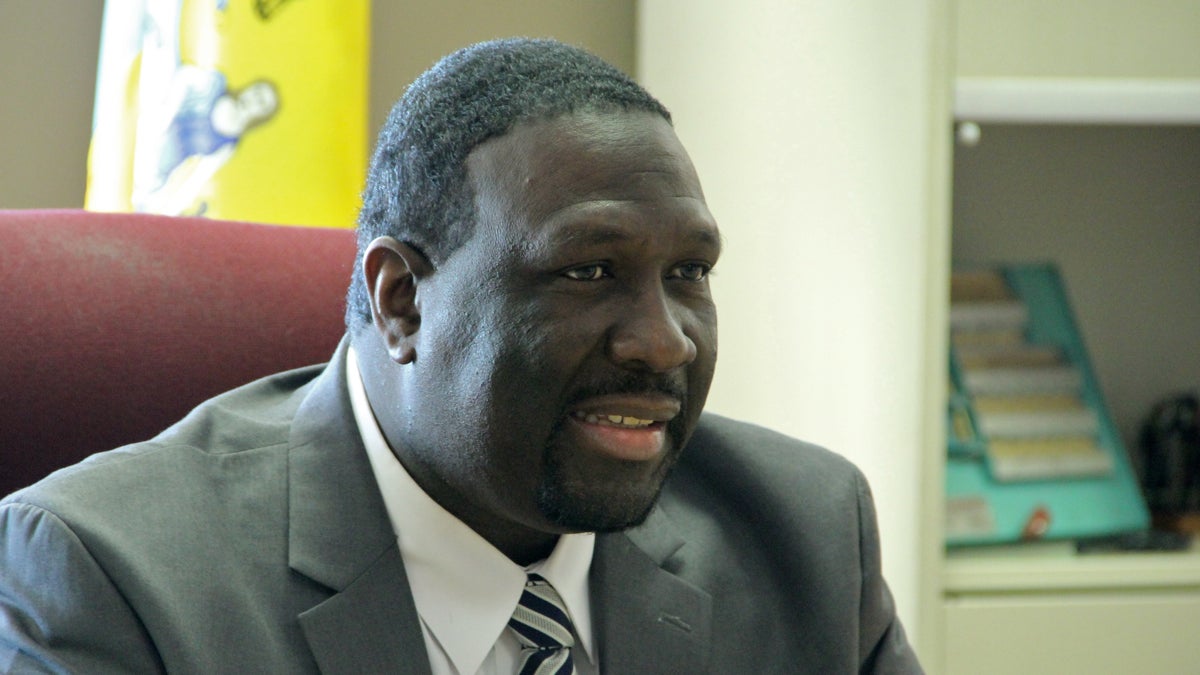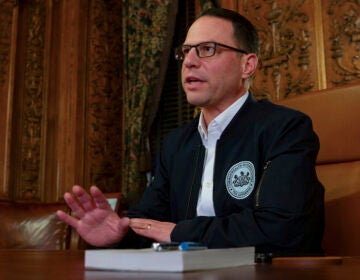A DROP foe as city councilman, Mayor Kenney no longer wants to eliminate pension perk

As a city councilman, Jim Kenney worked to get rid of the Deferred Retirement Option Plan. As mayor, he says he will not lobby to eliminate it. (NewsWorks file photo)
City Councilman Jim Kenney pushed for the complete elimination of DROP, the city’s controversial Deferred Retirement Option Plan.
Mayor Jim Kenney will not.
“He’s looking into other options,” said spokesman Mike Dunn, “including pension reforms that would ideally improve the health of the fund. That examination by the mayor’s office would include a re-evaluation of management fees.”
Dunn could not provide more details.
The move doesn’t surprise political experts.
One of Kenney’s biggest gripes about DROP was that elected officials could potentially abuse the retirement perk. Former City Commissioner Marge Tartaglione famously enrolled in the program and then ran for re-election. Before returning to the city payroll, she “retired” for a day and collected a six-figure payment.
While the loophole still exists, City Council passed a bill in 2010 that bars officials elected for the first time after Sept. 18, 2009, from enrolling in DROP.
For veteran political consultant Maurice Floyd, that makes DROP less of a priority for Kenney.
“The mayor has a lot on his plate,” said Floyd. “He probably feels that that issue was taken up, and it’s just not on his radar right now.”
David Thornburgh, executive director of the Committee of Seventy, said the process for eliminating DROP could also become more difficult. As it stands, City Council can vote to get rid of it.
In 2011, City Council voted unanimously to change the program in a couple ways. In an effort to make it more cost-neutral, the city increased the retirement age for non-uniformed employees and reduced the interest rate paid to program participants.
Two of the city’s biggest labor unions — District Council 33 and District Council 47 — challenged those tweaks in court, arguing that they couldn’t be imposed without first bargaining with them.
The state Labor Relations Board has yet to reach a final decision, which the city can appeal.
“It’s a lot more complicated than maybe you would like if you were intent on doing that, and he’s obviously sensitive to the needs of the labor unions, their political voice. I’m sure he’s taking all of that into account,” said Thornburgh.
 City Commissioner Anthony Clark recently applied for the city’s Deferred Retirement Option Plan, known as DROP, which will allow him to get an estimated $500,000 lump-sum retirement payout. (Emma Lee/WHYY)
City Commissioner Anthony Clark recently applied for the city’s Deferred Retirement Option Plan, known as DROP, which will allow him to get an estimated $500,000 lump-sum retirement payout. (Emma Lee/WHYY)
Kenney’s decision comes after embattled City Commissioner Anthony Clark reportedly enrolled in DROP the same day he was re-elected as the commission’s chairman.
Clark, who is rarely seen in City Hall and reportedly didn’t vote for more than two years, stands to collect nearly a half-million dollars when he retires.
Clark took office before the ban on newly elected officials was passed.
WHYY is your source for fact-based, in-depth journalism and information. As a nonprofit organization, we rely on financial support from readers like you. Please give today.





